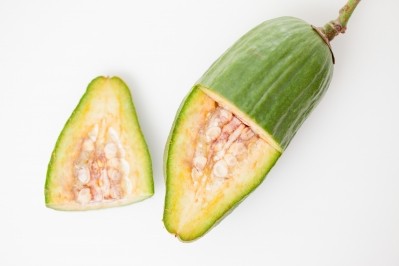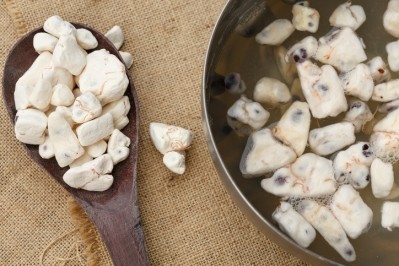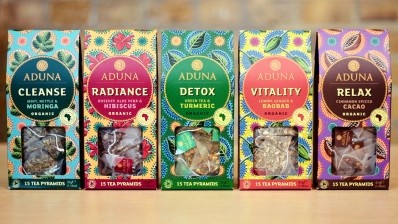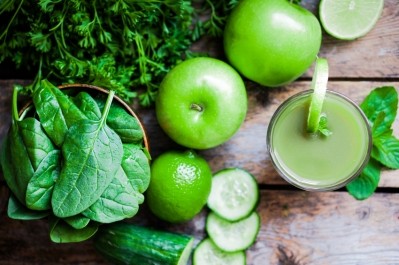Baobab could be the next big thing in gluten- and grain-free baking: Mintel
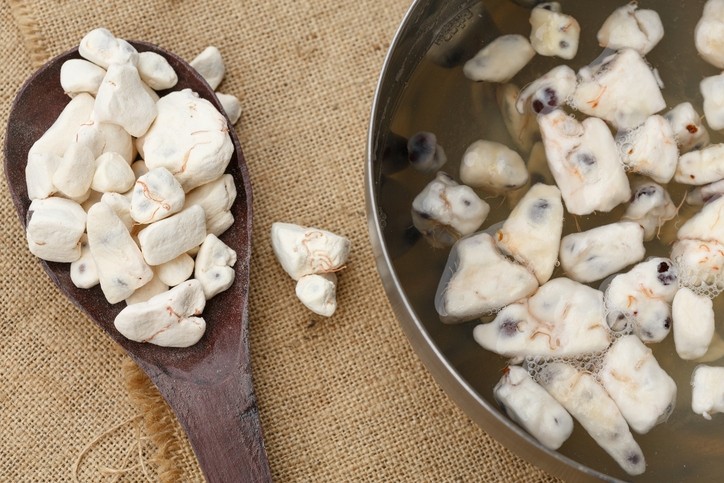
Unlike fruit such as banana, raspberry or apple, the fruit from the baobab tree - also known as the monkey-bread or upside-down tree - is not eaten whole and is usually dried into a powder to be used in recipe formulations. This makes it a relatively easy addition to food or drink products in terms of handling and storage.
“Baobab has quite a sour flavour profile, with citrus, tangy sherbet-like notes," said global food science analyst Emma Schofield. "Alone, it may be too sour for most people’s taste buds, but can be combined with other ingredients to provide a flavour profile that appeals to consumers.”
Juice - but not just
At the minute product development is starting from a small base (in the hundreds according to Mintel’s global product database) with much of the product innovation is coming from European countries Germany, the UK, France and Finland as well as the US.
Mintel data shows that, within the beverage category, juice accounted for just 63% of drinks using baobab in 2016, while 23% were meal replacement shakes and powdered smoothies. Sports and energy drinks made up 13% of launches.
French juice company Matahi manufactures a baobab drink is made from baobab fruit pulp, water and caffeine, positioned as an energy juice (not energy drink) and source of calcium, iron and magnesium as well as vitamins B and C.
It’s not just small start-ups that are incorporating the fruit into their products. Innocent Smoothies, owned by beverage behemoth Coca-Cola, launched
its Gorgeous Green Smoothie which is a mixture of apple, kale and baobab.
But Schofield sees potential beyond just beverages. She told FoodNavigator: “It could also prove popular as an alternative to wheat flour in grain and gluten-free baking, to create gluten and grain-free cookies, pancakes and muffins [or] as an ingredient in the wave of trendy protein-balls and 'clean-eating' cereal bars that have hit the market lately. Breakfast cereals could be given a health-boost with baobab."
UK company Aduna sells individual sachets of baobab powder and energy bars to consumers. It also sells baobab powder, which is additive- and preservative-free and has a natural shelf-life of three years, in bulk quantities to food manufacturers or wholesalers in 10-kilo or multi-tonne batches.
Sourcing stories
Both Matahi and Aduna have a very ‘hands-on’ story to tell in terms of discovering and sourcing the fruit.
Matahi co-founder Raphaël Girardin, an agronomy engineer by education, went to Benin to research the African fruit trees and start a small co-operative run by women in local communities to buy the actual fruit. Meanwhile Aduna co-founder Andrew Hunt discovered the fruit when in Ghana and decided to use it as the basis for a model of sustainable demand, supply and responsible sourcing. Hunt also rejects the 'sympathy vote marketing strategies’ so typical to African ingredient sourcing.
This is what Mintel analyst Alex Beckett called “an attractive, provenance-heavy backstory” that will serve to strengthen baobab’s appeal with consumers.
Schofield, meanwhile, said that while ethical positioning is a selling point, manufacturers need to be careful to back up their claims.
“Ethical claims are proving popular, but often lack substance. Schemes that provide a third-party certification scheme, such as Fairtrade, have been adopted by major retailers and brands," she said. "[But] producers should take care not to make ethical claims if they will not stand up to scrutiny. Self-certifying a product or industry as ethical, without robust reasoning, or evidence, may raise doubt.”
The fruit’s potential to stimulate sustainable development has also attracted the attention of the German government. Baofood is a project financially supported by the Federal Ministry of Food and Agriculture (BMEL) which aims to promote the use, processing and market development of baobab as a means of improving food security and rural livelihoods in Kenya and Sudan. Baofood attended the Biofach organic trade fair in Berlin this year to raise the profile of the fruit.
Baobab was granted novel food approval for the EU market in 2008.



